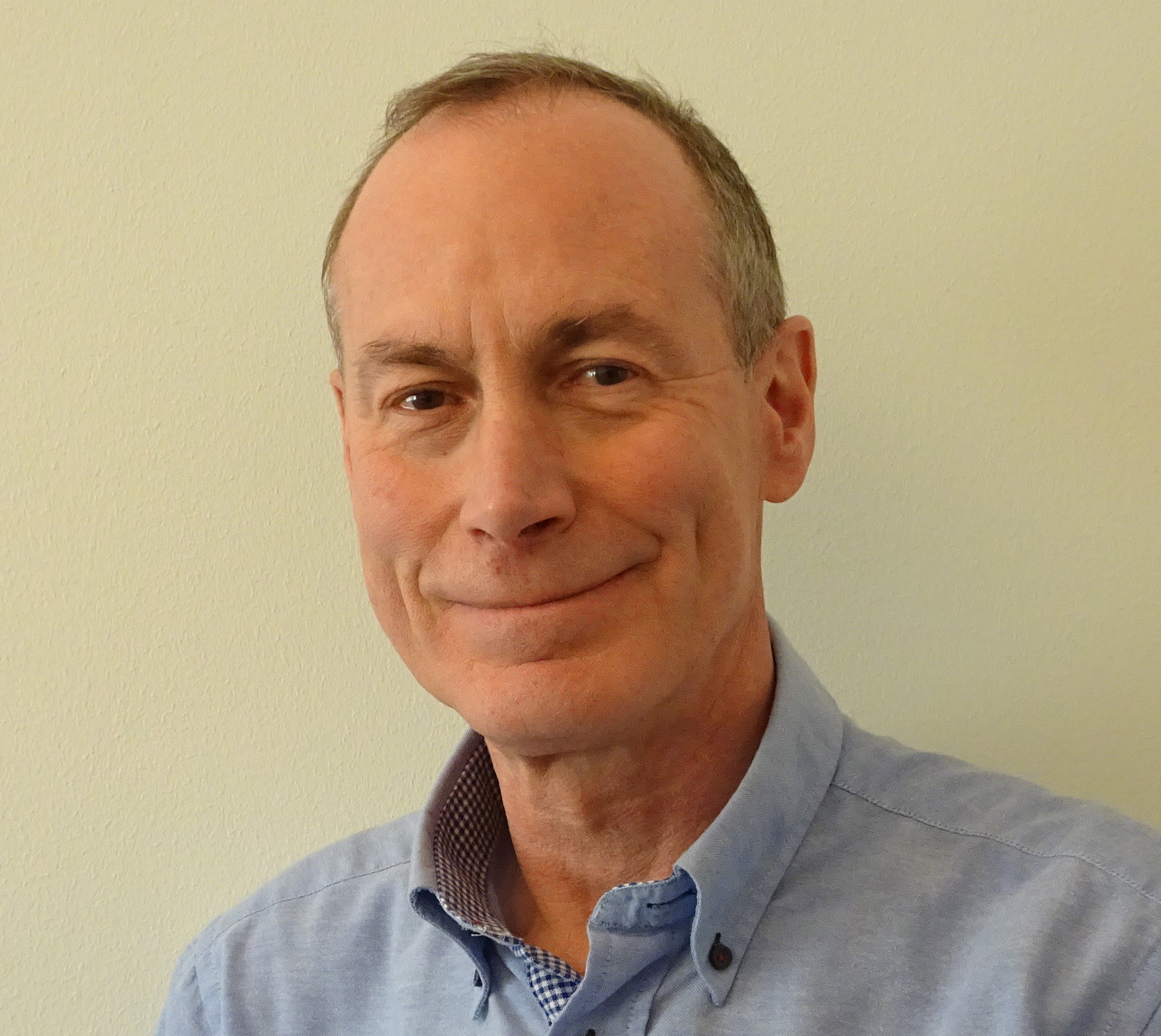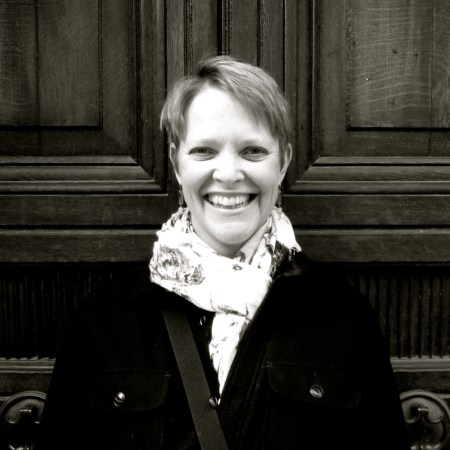Webinar: Facilitated MOOC support – closed bubbles in a sea of openness
When: Monday 14 May, 15.00 – 16.00 CEST
Webinar recording here
Badge with blockchain registration provided for those interested.
Many of the people who could gain most from open online education lack the necessary study skills and digital literacies to participate effectively. Although most MOOC providers offer some online support services, they cannot provide personal, face-to-face support. Many people are unfamiliar with the principles of online learning and need practical support and advice from a trusted mentor or friend to learn effectively. By forming local support groups, various organisations and communities are providing that vital support to give learners the skills and confidence needed to complete an online course.
This webinar will present a selection of solutions to this issue, such as MOOC Meetups, wrapped MOOCs and support services for refugees.
Questions to be discussed:
- In what ways can closed groups complement and facilitate open learning?
- Is intimacy at scale possible?
- What kinds of educational eco-systems can be developed around MOOCs?
Speakers:
 |
 |
|
E-learning specialist at Linnaeus University in south-east Sweden. Active in several international organisations and projects and at present a member of the MOONLITE project investigating the use of MOOCs for social inclusion and employability for refugees. Link to my official profile. |
Gabi Witthaus Learning design consultant at University of Birmingham, UK, and currently doing a PhD in Higher Education: Research, Evaluation and Enhancement through Lancaster University (online). Researching learning design for inclusivity in open online education, with a focus on refugees. Link to my blog. |
This webinar is organised by OpenupEd in collaboration with the MOONLITE project and empowered by EMPOWER


